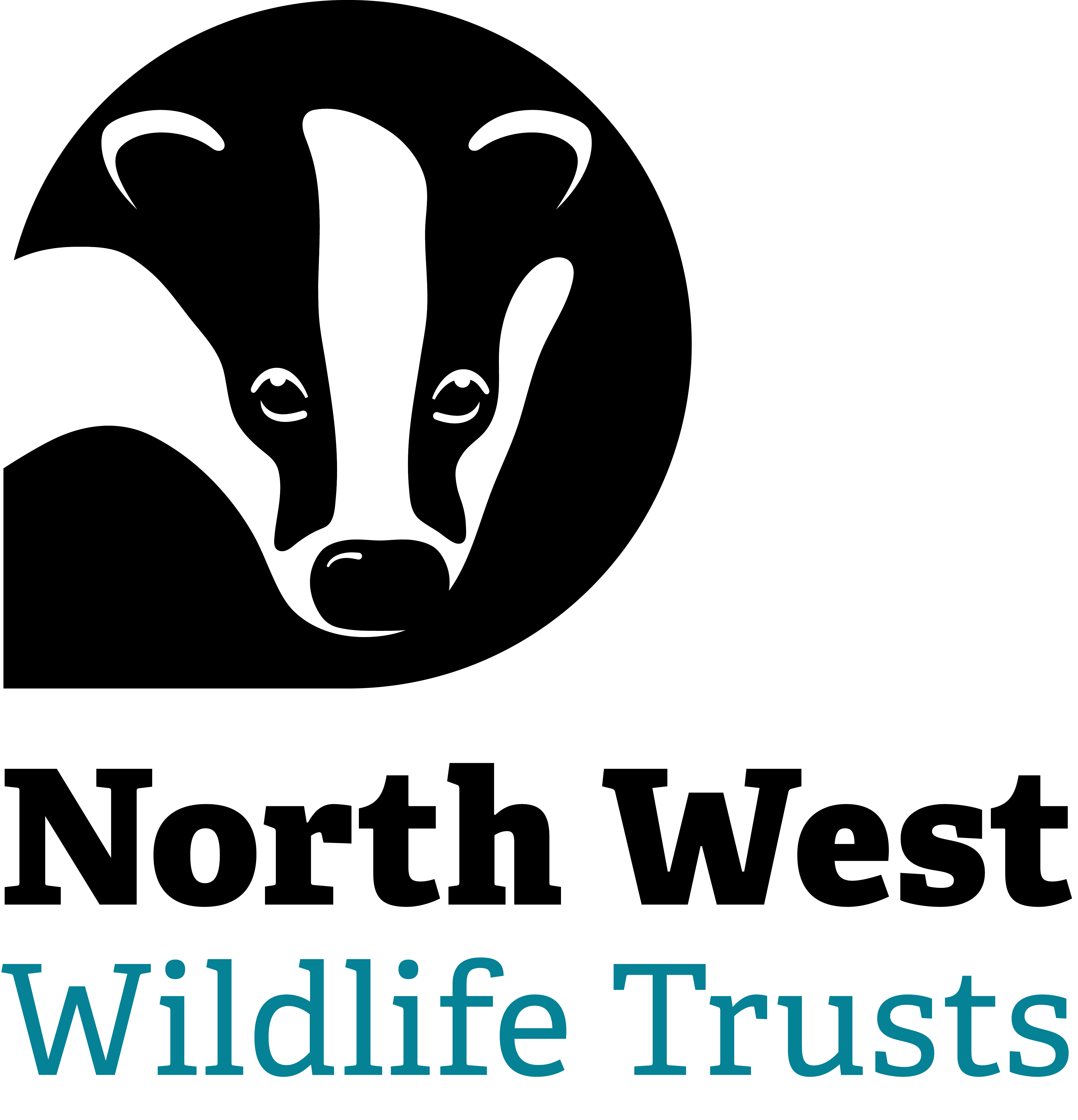The ban, which will come into place on 1 March 2018, has been drawn up by the NWIFCA. Cumbria Wildlife Trust supports the ban as it will help to protect these seabirds which face threats from a number of pressures nationally.
Dr Emily Baxter, Senior Marine Conservation Officer at Cumbria Wildlife Trust explains why this area is so special for wildlife: “St Bees headland is a Site of Special Scientific Interest (SSSI), where thousands of guillemots and razorbills come to nest in the spring and summer. The area of sea just off the headland is part of the Cumbria Coast Marine Conservation Zone and it is here that the birds feed on fish and loaf on the surface. The sandstone cliffs at St Bees are a very important habitat for the breeding seabirds and are the only breeding site in England for black guillemots. They are Cumbria’s only sea cliffs and the dramatic sight, smell and noise of huge numbers of nesting birds draws many visitors to the area every summer.”
Around breeding time, unfortunately the birds are particularly at risk of being caught in fishing gear, especially nets, as they dive to feed
She goes on to explain the dangers posed by fishing nets being placed near the cliffs: “Around breeding time, unfortunately the birds are particularly at risk of being caught in fishing gear, especially nets, as they dive to feed. If they become entangled the birds are likely to drown. As well as the obvious danger for the birds, this is distressing to those fishing and to members of the public. We welcome this voluntary ban and are encouraging all those who go fishing here to sign up to it, by not fishing with nets within the closed area between 1 March and 15 July*. This way we can help protect our breeding seabird colonies at this crucial time of the year and help to keep this wonderful Cumbrian habitat special.”
